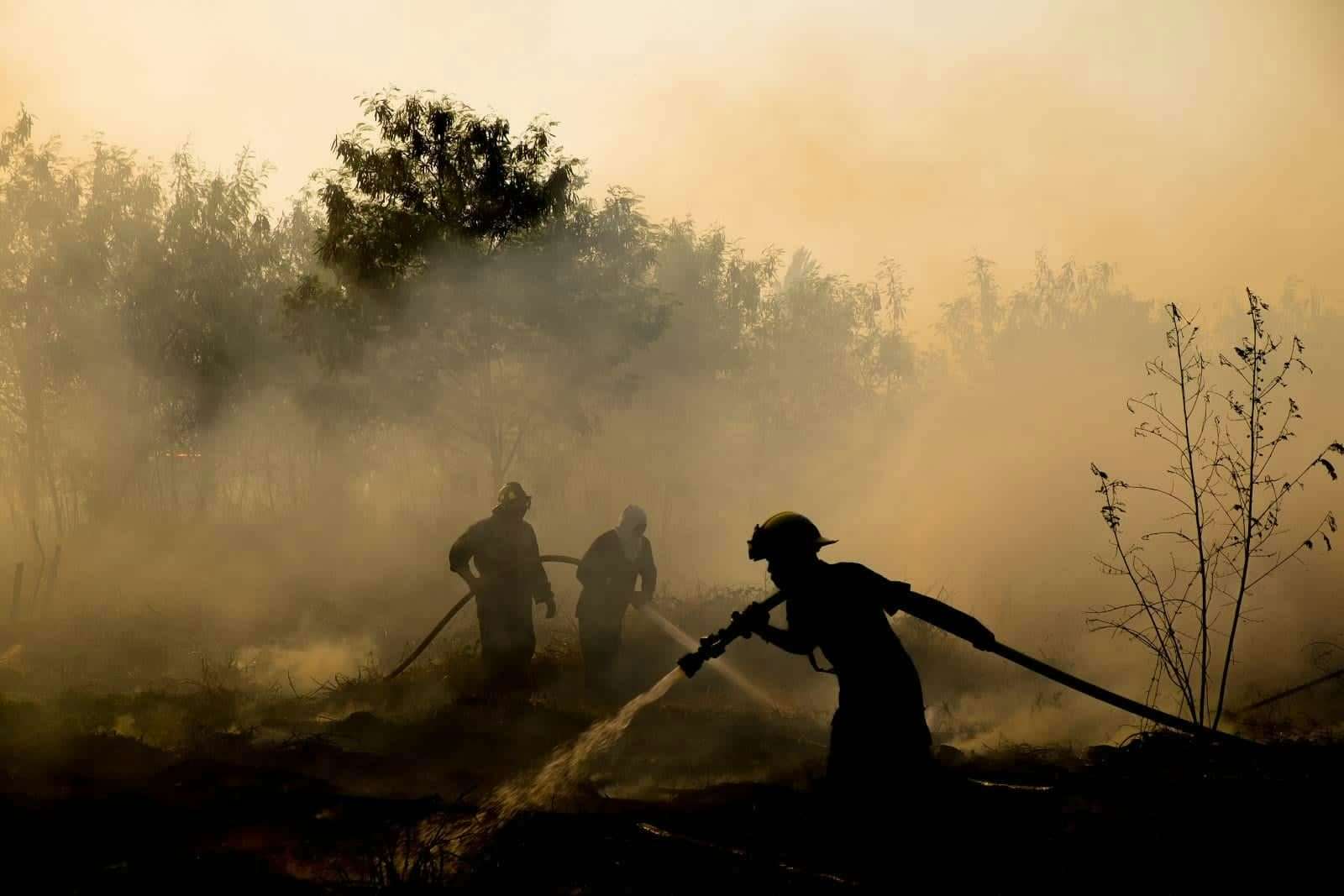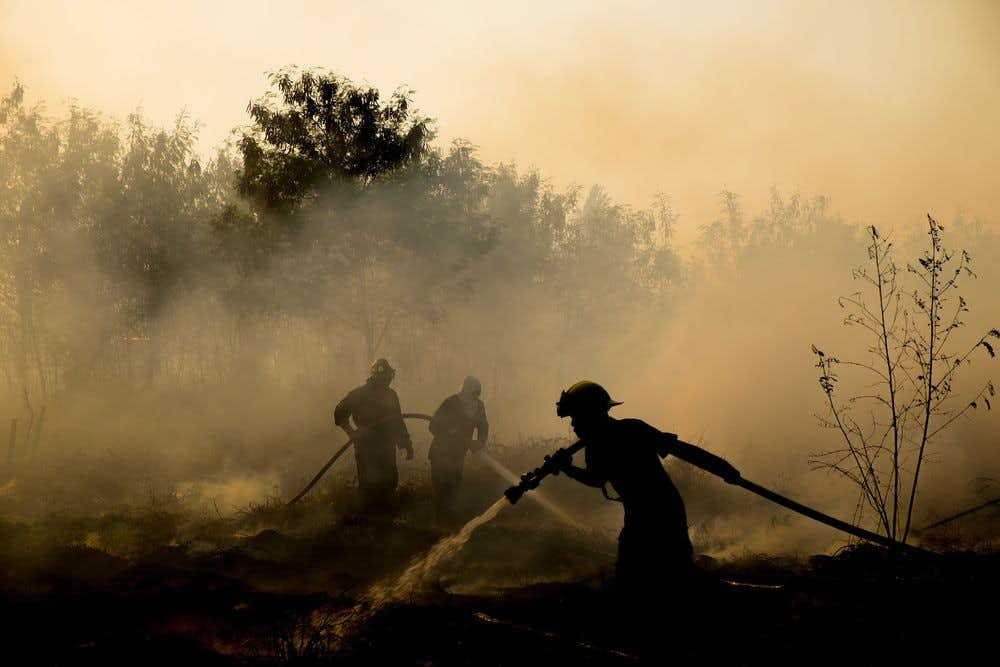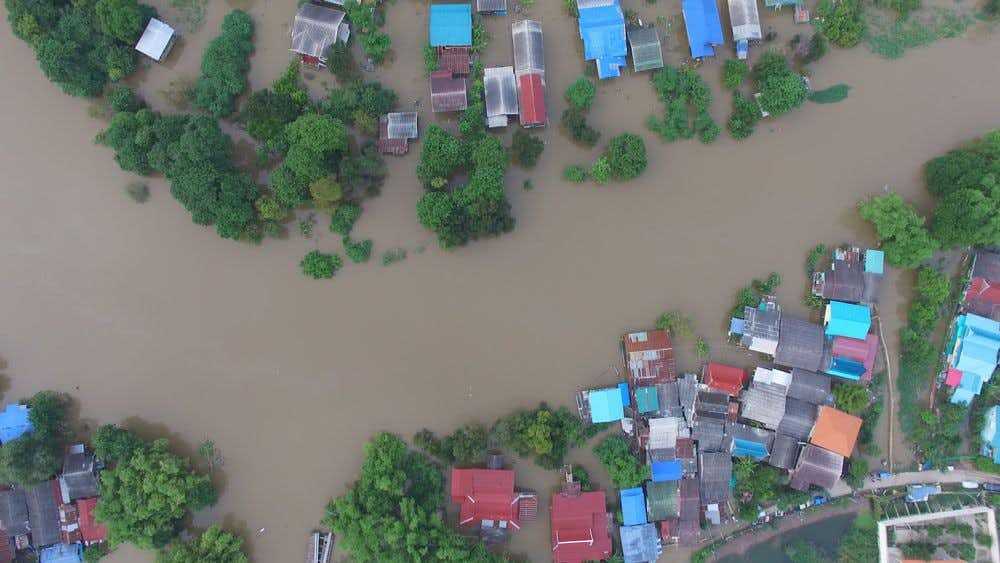June 15th, 2020

“Disaster gave me two things: a moment to react and a decision to overcome.” - Michael Dooley

There are many things in our lives that can cause us distress and, at an even more extreme, can cause us trauma. Trauma is a devastating occurrence that causes great distress and emotional turmoil for long periods of time. Trauma can come at the hands of another individual, such as if another person causes harm to you. Trauma can also occur from an event, such as a natural disaster.
A natural disaster is an environmental occurrence that is out of the ordinary and brings with it devastation and destruction. The destruction may occur physically, as it could tear up the land (such as trees) and structures (such as buildings, homes, and roads). Natural disasters can also impact people emotionally as well, as they can bring a great deal of distress and even trauma depending how the disaster impacted the individual.
If you were to ask anyone who has lived through a natural disaster, they will most likely give you a description of a very difficult time that brought a great deal of stress before, during, and even after the natural disaster. Natural disasters can be anything environmental that occurs by forces of nature and brings destruction and debility to anything and everything it comes in contact with.
Natural disasters can include tornadoes, hurricanes, earthquakes, wild forest fires, and tsunami’s (amongst others as well such as flooding, although these are the most common). Different natural disasters are prone to occur in different places depending on the climate and conditions of that area. For example, places with tectonic plates that come in contact are more likely to experience earthquakes and those who live by certain parts of the ocean are more likely to experience hurricanes.
This leads to the first part of what makes natural disasters difficult, often the same people experience natural disasters (or natural disaster scares) over and over. This repeated stress can be very difficult and can make individuals relive past traumas experienced from previous natural disasters.

Another element that makes natural disasters so difficult is the loss involved. Many times, the devastation that comes from a natural disaster is great. Sometimes people lose a great deal, including their shelter. Even worse, sometimes people lose loved ones who may have been killed or lost in the disaster. This trauma can be extremely difficult to deal with and can last for a lifetime.
Clearly, natural disasters are very demoralizing occurrences. They can bring utter devastation and leave many people feeling traumatized and hopeless. Therefore, it is especially important that people have an idea of how to cope with an extremely difficult situation.
It is even more important that people begin to take steps to cope early, as this trauma can linger and can impact people in a negative way for a lifetime. Thankfully, there are a number of ways to cope with natural disasters, some of which will be outlined below.
It is suggested that anyone that has experienced a natural disaster, whether themselves or who went through a natural disaster with a loved one danger (as both the experience itself and the stress of having a loved one go through a natural disaster are stressful and can be traumatizing experiences) try several – or all – of these coping strategies in case one or two work better for that person than the others.
Maybe the best thing that one can do after going through a trauma is talking with a trained professional about it. There are a number of efficacious interventions that counselors use to help those who have sustained a trauma.
Finding a therapist to help after experiencing a distressing event is much like seeing a doctor after breaking one’s arm. The doctor is trained to know what to do to help with the broken arm and get the person back to better health. In the same way, a counselor is trained to know what to do with an individual who has experienced trauma and get the person back to better health.
Something easy that can be done with increased frequency is deep breathing. It is not always possible to get to a therapist every time stress presents itself. Therefore, something like deep breathing can be helpful to relax the body and the mind and calm one down. Deep breathing is a tool that can be used by anyone at almost any time and therefore is a very versatile and helpful coping mechanism.
Talking with family, friends, and other trusted individuals can be helpful in coping with the stress of a natural disaster as well. It can be beneficial and cathartic to let out one’s thoughts and feelings to someone you trust. They may be able to provide you with a different perspective or some advice on what to do next. Having someone to talk with you and assist you can be very helpful to improving one’s well-being and dealing with distress and trauma.
These are just a few of the ways to cope with a natural disaster. It is advised to seek professional help, especially in instances where there was a great deal of trauma experienced. Deep breathing is a great tool that can be used at almost any time to help calm the body and the mind. Reaching out for help and seeking social support can help people get through difficult times, such as a natural disaster.
While this is not an exhaustive list of tools to cope, they are a great start to helping with dealing with trauma.
Our Services
Virtual/Online CarePHP and IOPAdult PsychiatryChild & Adolescent PsychiatryAdult TherapyChild & Adolescent TherapyCouples CounselingFamily TherapyGroup TherapyPsychological TestingTranscranial Magnetic Stimulation (TMS)